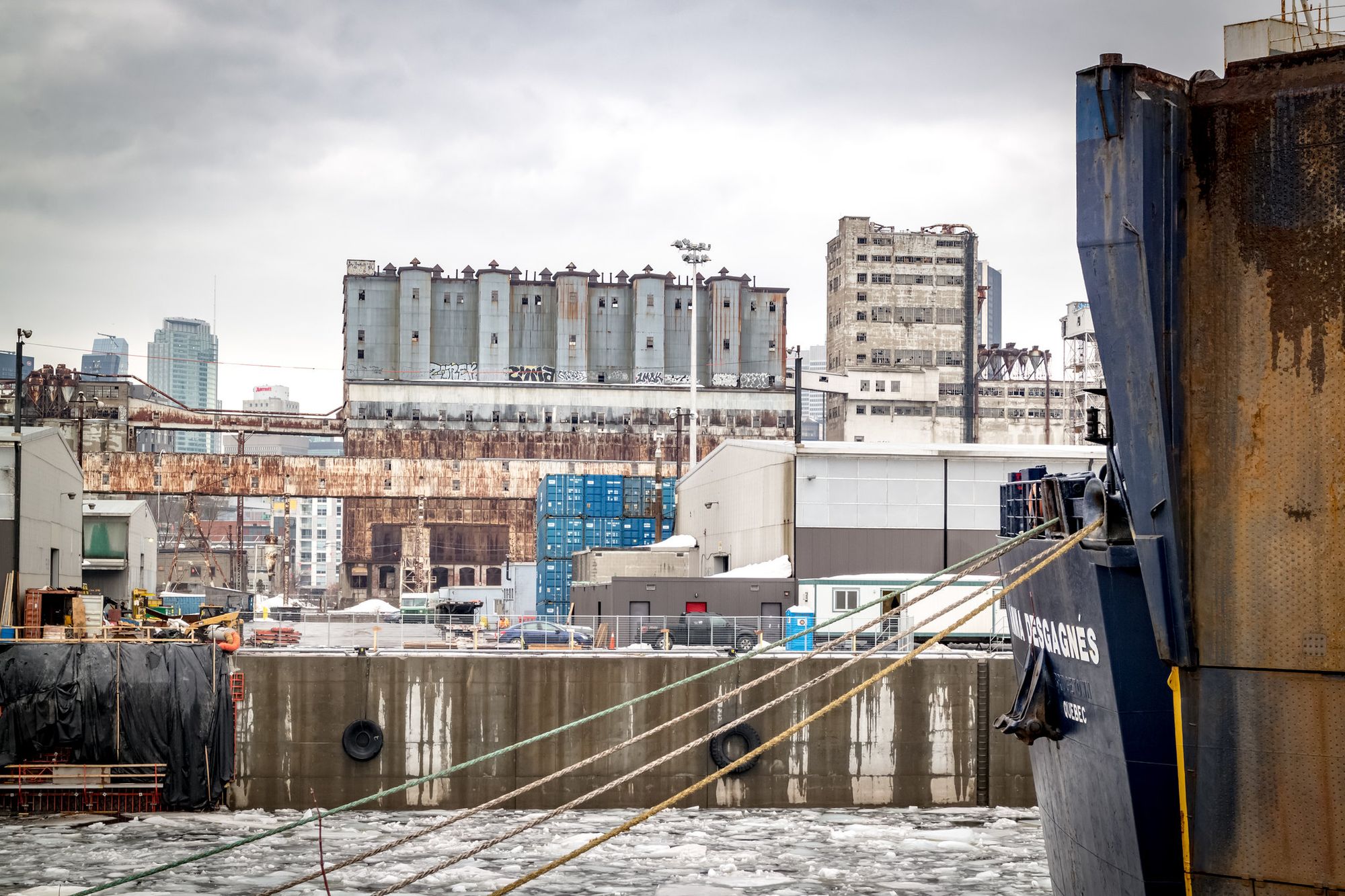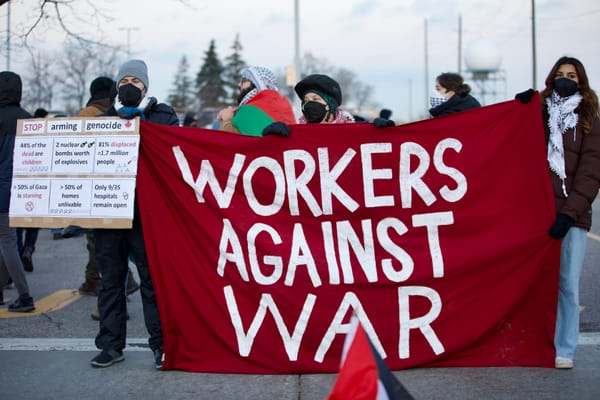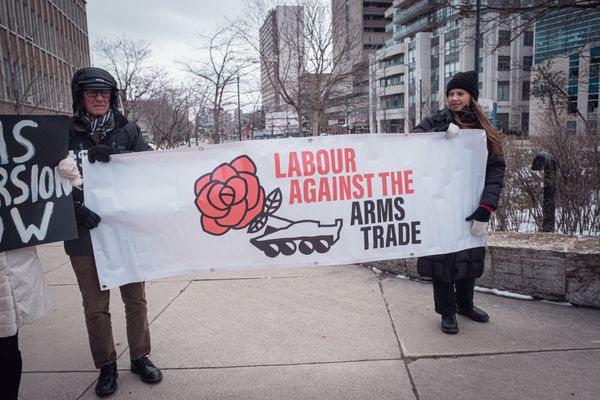The approximately 1,150 dock workers at the Port of Montreal have been without a contract for more than two years. Their employer decided to increase their shift lengths, without any consultation, and so the unionized workers have gone on strike.
But on Sunday, before the strike could even begin, federal Labour Minister Filomena Tassi announced the government was putting strike-breaking legislation on the agenda for later in the week — expected to be tabled Wednesday.
The government’s position is that it’s playing a neutral role, facilitating arbitration and overseeing negotiations. But, alas, the two sides are just too far apart for anything to be done. This makes total sense, assuming you’ve got pudding floating around your skull and your brainstem is a carrot.
The feds are quite transparently taking the side of the port. In none of their statements do they talk about what has precipitated the strike, it’s all about the effect on all Canadians. And, uh, also other ports are getting business instead of Montreal.
As Prime Minister Justin Trudeau put it on the French-language talk show Tout Le Monde En Parle over the weekend: “We’re here to encourage negotiation, but we cannot accept that there [will] be massive economic damage to Quebecers and Canadians.”
Trudeau went a little further, explaining that, “Every day that there is a work stoppage, we see small companies across Quebec suffer because they’re not getting their goods, and we see companies decide to route their order through the Port of Boston or the U.S. because in their minds, Montreal is not dependable.”
You see whose interests they’re looking out for there? Not the dockworkers, but the company running the port. Their business is going south, to Boston, and that requires federal legislation to fix.
Neither Trudeau nor his — misnamed — labour minister could muster even a token scolding of the people running the port. Which is funny, because there’s nothing these people love more than an empty gesture.
But as irritating and empty as it is, the prime minister’s statements aren’t completely useless. It’s revealing in its own pathetic way that it never seems to occur to Trudeau that perhaps it’s not the fault of the dockworkers that their employer is imposing changed working conditions on them without a contract.
This isn’t just a political problem, either. Like most things in this broken country of ours, it’s also a media problem. A recent Montreal Gazette article on the strike starts off with quotes from the economy ministers of Ontario and Quebec, then the prime minister, then the spokesperson for the federal labour minister, then the group that represents manufactures and exporters in Quebec, then a vice-president from the Canadian Federation of Independent Business, followed by a quote by the head of the Canadian Chamber of Commerce. And finally, after 15 paragraphs, we learn that there’s been no contract for the dock workers for more than two years, and that they’re striking over unilateral changes to their work schedules.
When CUPE spokesperson Michel Murray is finally mentioned in the Gazette piece, it’s through a quote from a French-language interview on Radio-Canada, saying the strike would have been called off if job-security guarantees and work schedule changes had been taken off the table by the employer.
The government’s intervention essentially kills that possibility. “One of the two sides is laughing out loud and is going to sit on their hands: that’s the employer,” Murray said. “I have no hope whatsoever that there will be an agreement today. The balance of power has completely shifted.”
By promising back-to-work, strike-breaking legislation, the federal government undermines the entire premise they’re supposedly intervening to protect. For all the emphasis Tassi and Trudeau are putting on the negotiation and arbitration process, they’re completely blowing it up by taking the side of the port. The needs of the port are too important to them to possibly allow workers to fight for better working conditions.
But more than that, by supposedly protecting the livelihoods of all Canadians, the lives of specific Canadians are being discarded. This is the logic that underpins the entire pandemic response from this country.
Again and again, the needs of businesses are being put ahead of workers. By calling everyone forced to work outside their homes “essential,” the government has made it socially acceptable to force certain people to work, no matter the conditions. This is just one more example of how the country operates: It’s built around the needs of business, not the people working on the ground.
By breaking the strike at the Port of Montreal, the federal government is once more showing its hand. It’s not here for you, it’s here for them.







Member discussion